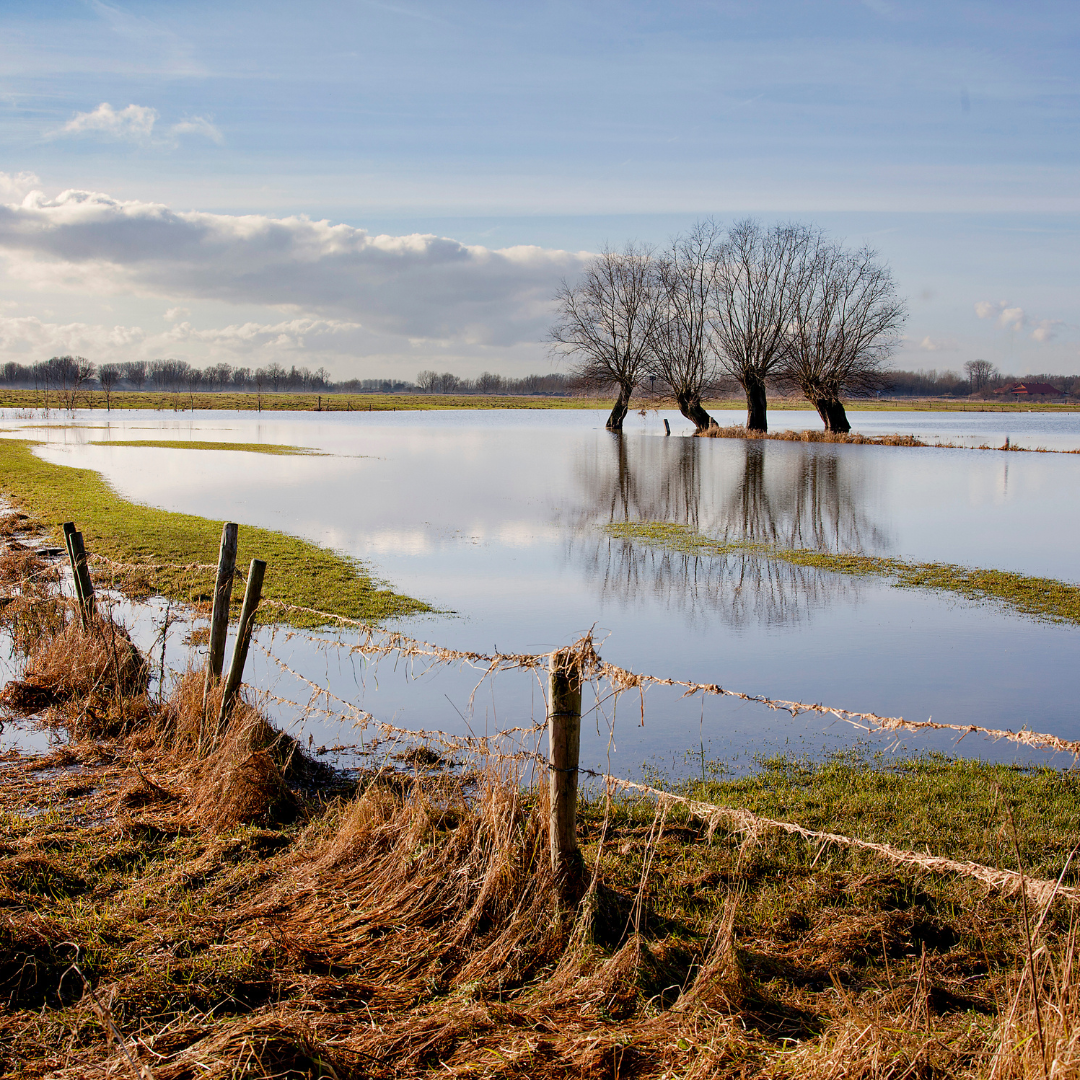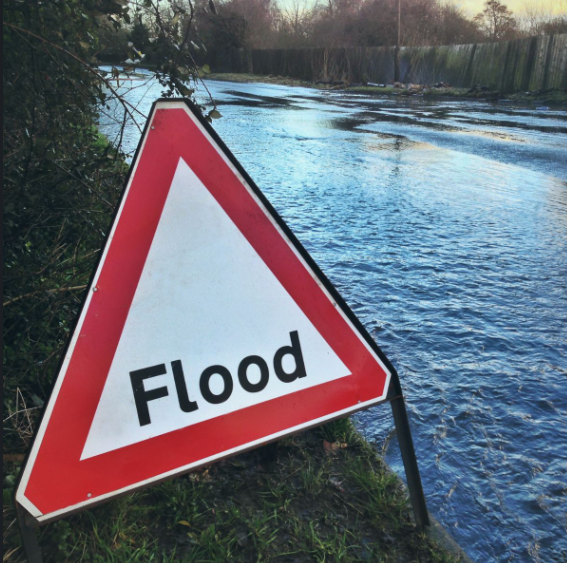Three New Charterships for Christmas
Is there a better way to finish off the year than to gain chartership?
Eleanor Raper, our Senior Geoscientist, along with Michael Underwood, our Senior Hydrologist, were elected and admitted as Chartered Water and Environmental Managers on behalf of the Chartered Institute of Water and Environmental Management. Meanwhile, our Senior Geologist, Stephen Craig, was awarded Chartered Geologist status from the Geological Society of London. Congratulations to all of them on this wonderful achievement.
Achieving chartership not only demonstrates their technical competence but a desire to continue learning and maintain positions at the forefront of industry knowledge. Along with short courses, MSc degrees and an array of training sessions, Envireau Water is committed to ensuring every member of our team fulfils their potential.
Dr Phil Ham, Managing Director at Envireau Water commented:
“This is a fantastic achievement, and duly deserved. We are thrilled to have three more chartered members of the team and will continue to support and encourage everyone in all aspects of their professional development.”
Needless to say, the rest of the team are extremely proud of Eleanor, Michael and Steve’s achievements too!
Are you interested to see how working at Envireau Water could enhance your career? Take a read of our
careers page to find out more.











